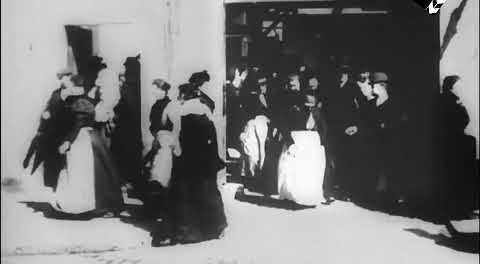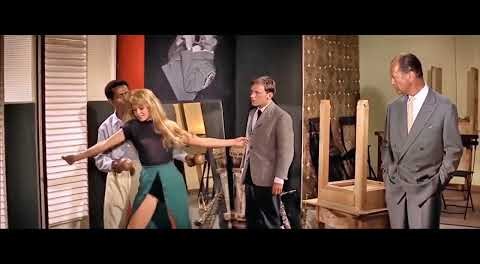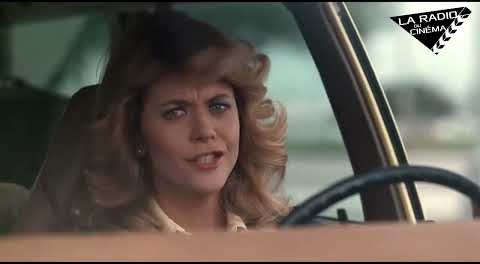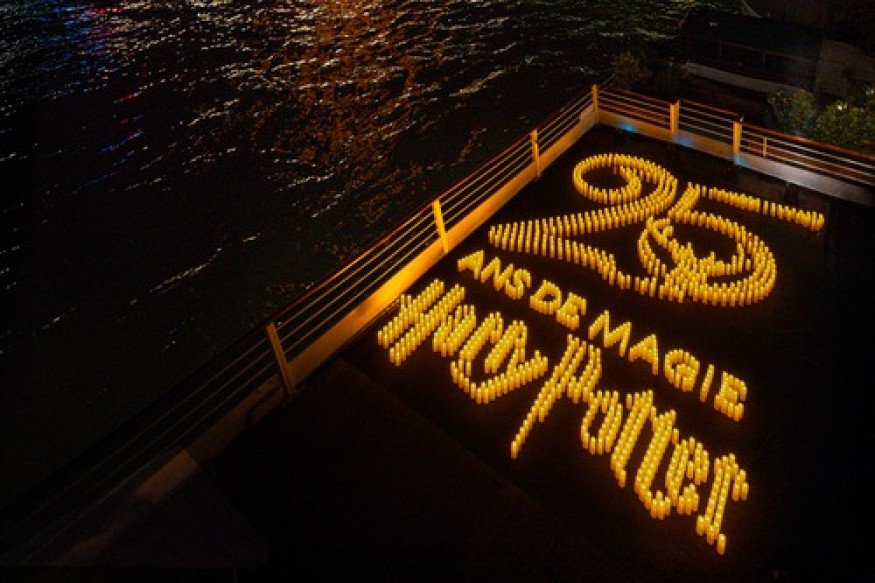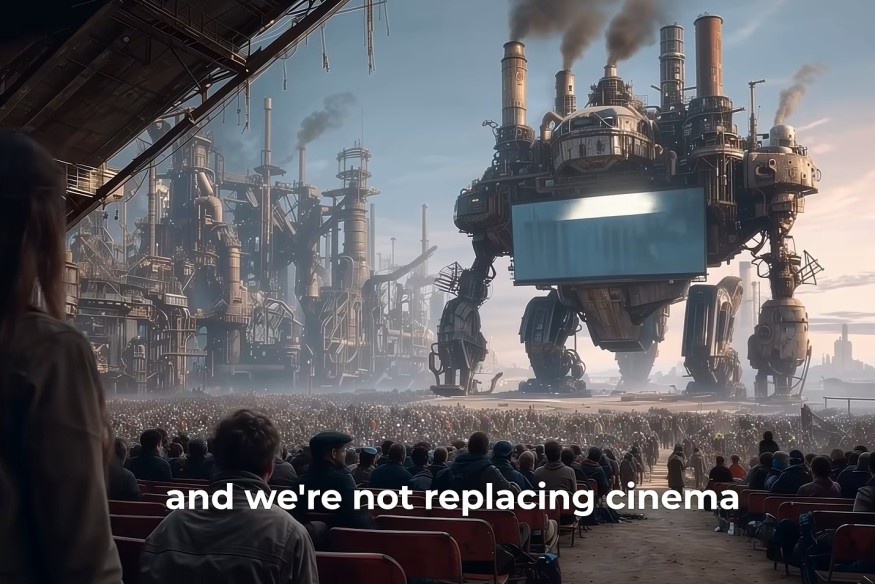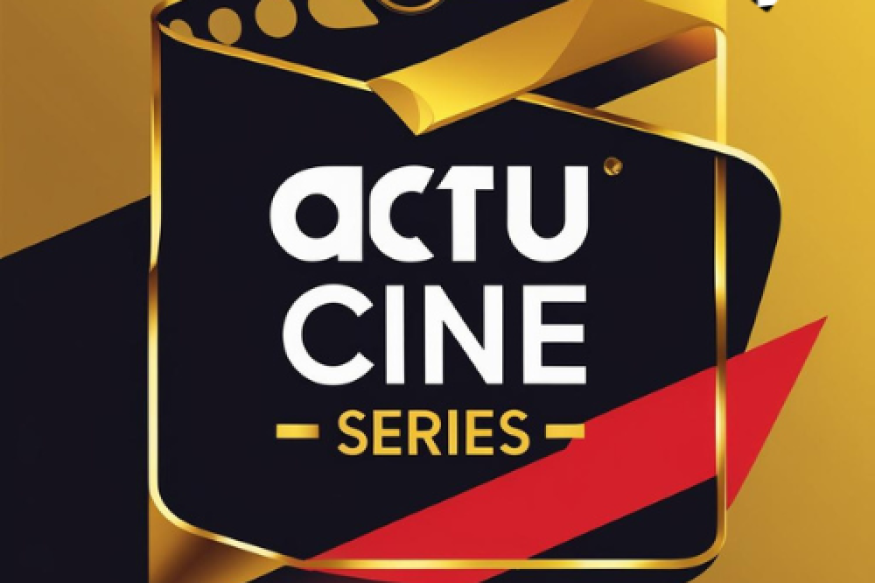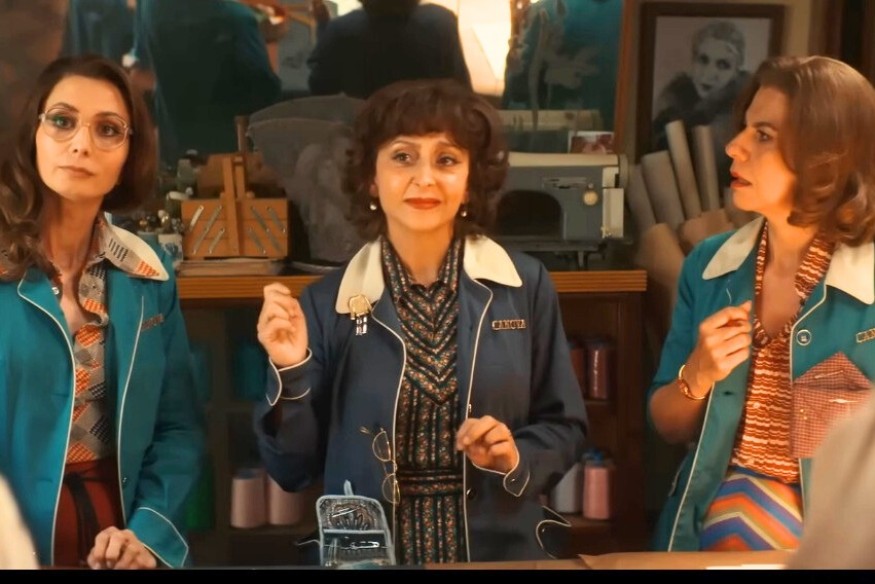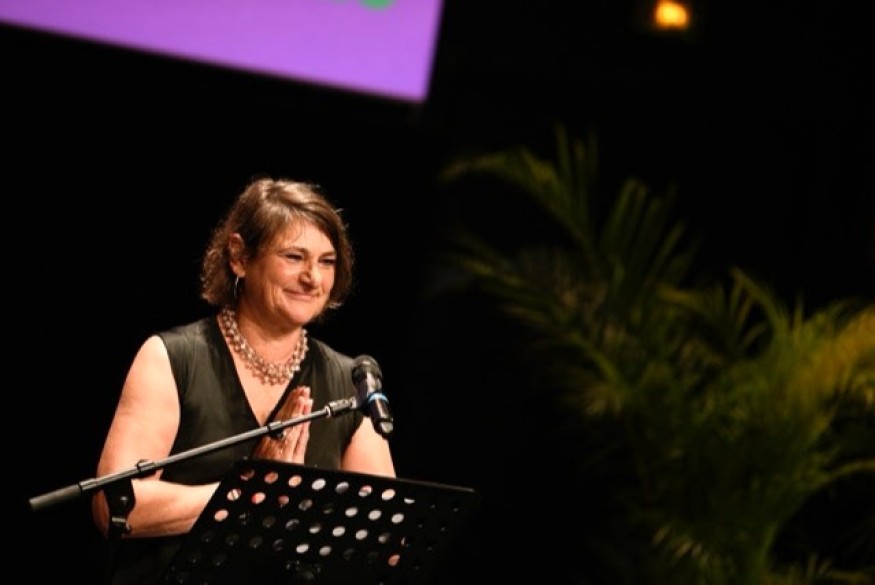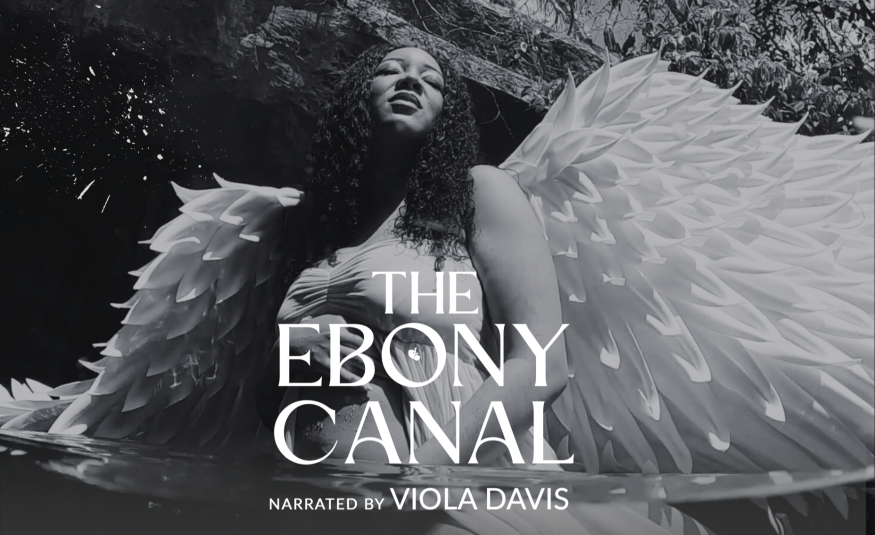 16 août 2025
16 août 2025
Version en français ci-dessous
“We’re not here to point fingers — we’re here to point to the light.” With these powerful words, director Emmai Alaquiva captures the soul of The Ebony Canal, a deeply poetic and urgent short documentary exploring maternal health disparities impacting Black women in the United States. In an interview conducted by journalist Jenna Suru for La Radio du Cinéma, Alaquiva and executive producer Brenda Gilbert take us behind the scenes of this cinematic journey, narrated by Viola Davis, and elevated by impactful collaborations with Keke Palmer, Charles Johnson, and more. A film that doesn’t accuse — it amplifies. That doesn’t condemn — it connects.
From Womb to World: The Journey Through the Ebony Canal
Over two and a half years, Alaquiva followed the birthing journeys of four Black women, embedding his camera in their most vulnerable and powerful moments. The film weaves these stories with insights from doulas, midwives, doctors, and activists like Charles Johnson and Elaine Welteroth—highlighting not just the problems, but the people creating solutions.
In the U.S., Black women are three times more likely to die during childbirth than white women. Black infants are 2.4 times more likely to die before their first birthday. "We needed to see it, to do something about it," says Alaquiva. The Ebony Canal was born from that need.
Art as Resistance: Why Music, Color and Cinematic Language Matter
Brenda Gilbert, executive producer and co-founder of Bron Studios, emphasizes that The Ebony Canal stands at the crossroads of policy, advocacy, and art. "The artistic dimension draws you in," she notes. "You stay for the fight."
Shot in black and white, with carefully chosen color sequences and an evocative score, the film is as aesthetically rich as it is emotionally potent. As Gilbert puts it, "It enhances the message. It makes it more beautiful, more human."
Amplifying Voices, Not Silencing Systems
"We’re not here to blame doctors or nurses," Alaquiva insists. "We’re here to uncover the hurt, reveal the healing, and commit to the hope." With high-profile collaborators like Keke Palmer (who interviewed Kamala Harris for the film), the project aims to amplify voices long ignored.
At the heart of the film lies the word "Advocare"—Latin for "to amplify." This is not just a film, Alaquiva reminds us. It’s a movement.
Fatherhood, Intimacy, and the Power of Presence
One striking element in The Ebony Canal is its emphasis on fathers. "When dads are present in delivery rooms, survival rates jump by up to 39%," Alaquiva shares. That’s why the film includes a dedicated segment on Black fatherhood—showing that support isn't just emotional, it's statistically vital.
Doulas, midwives, neighbors—this web of care is central to the film’s solution-driven narrative. “Midwifery is clinical. Doulas are your aunties, your sisters, your emotional lifelines,” he adds.
Viola Davis and a Global Awakening
Viola Davis discovered the film through a 3-minute trailer. Her reaction? "Clear my calendar." An EGOT winner, Davis didn’t hesitate to lend her voice to a project that aims to move hearts—and mountains. "If she can pause The Woman King, the rest of the world can pay attention too," Alaquiva says.
Already awarded at festivals and screened in South Africa, The Ebony Canal is not an American problem—it’s a global one.
From Awareness to Action
"Support is free," Alaquiva reminds us. So is amplification. The Ebony Canal is more than a title—it's a metaphor for connection, from one life to another. Join the journey.
Film Duration: Short documentary
Narration: Viola Davis
Follow: @TheEbonyCanal on Instagram, TikTok, YouTube, and LinkedIn
VERSION FRANÇAISE
« On ne veut pas pointer du doigt, on veut pointer la lumière. » C’est avec ces mots forts que le réalisateur Emmai Alaquiva résume l’intention de The Ebony Canal, un court métrage documentaire coup de poing qui explore, avec poésie et urgence, la santé maternelle des femmes noires aux États-Unis. Dans une interview menée par Jenna Suru pour La Radio du Cinéma, le cinéaste et la productrice exécutive Brenda Gilbert reviennent sur les origines et les combats qui irriguent ce film essentiel, narré par Viola Davis et porté par des collaborations puissantes — de Keke Palmer à Charles Johnson. Une œuvre qui bouscule, rassemble, et donne voix à celles qu’on n’entend pas assez.
Dans le courant de l’histoire des mères
Pendant deux ans et demi, Emmai Alaquiva a suivi le parcours de quatre femmes noires pendant leur grossesse. Leur expérience intime s’entrelace avec les paroles d’experts : médecins, sages-femmes, doulas, activistes comme Charles Johnson ou Elaine Welteroth.
Aux États-Unis, une femme noire a trois fois plus de risques de mourir en couche qu’une femme blanche. Un bébé noir a 2,4 fois plus de chances de mourir avant son premier anniversaire. The Ebony Canal est né de l’urgence de briser ce silence.
Quand l’art devient un acte de résistance
Pour Brenda Gilbert, productrice exécutive, l’art est indispensable. « Ce film incarne un rare mélange d’art, de politique et de plaidoyer. » Tourné en noir et blanc, avec des touches de couleur symboliques et une bande-son émouvante, The Ebony Canal est autant une expérience visuelle qu’un manifeste.
Révéler la douleur, amplifier l’espoir
« Ce n’est pas un film contre les soignants. C’est un film pour découvrir les blessures, guérir, et surtout, espérer », affirme Emmai Alaquiva. En tête d’affiche, Keke Palmer interviewe Kamala Harris. Ensemble, ils donnent une voix à celles qu’on n’écoute jamais.
Le mot clé ? Advocare, racine latine d’« advocate » : amplifier. Ce film est une onde, un cri collectif.
Les pères comptent aussi
Fait marquant : la place accordée aux pères. « La présence d’un partenaire à l’accouchement augmente de 39 % les chances de survie. » Le documentaire rend hommage à ces figures souvent invisibles, mais vitales.
Entre sages-femmes et doulas, le réseau de soutien devient une force. « La doula, c’est la tatie qui te tend un verre d’eau pendant les contractions. »
Viola Davis et le pouvoir de l’engagement
Dès qu’elle a vu la bande-annonce, Viola Davis a dit : « Je dégage mon agenda. » Elle a rejoint le projet sans hésiter. Lauréate d’un EGOT, sa voix porte haut le message du film.
Multi-primé, projeté en Afrique du Sud, The Ebony Canal est devenu un signal mondial. Une onde de choc poétique.
Un chemin vers l’engagement
« Il faut sauver au moins une mère. Un bébé. Alors on aura gagné. » The Ebony Canal est une invitation à l’action, un appel à se faire héros du quotidien. Et ce, sans cape.
Format : court métrage documentaire
Narration : Viola Davis
Suivre le projet : @TheEbonyCanal sur Instagram, TikTok, YouTube, LinkedIn
